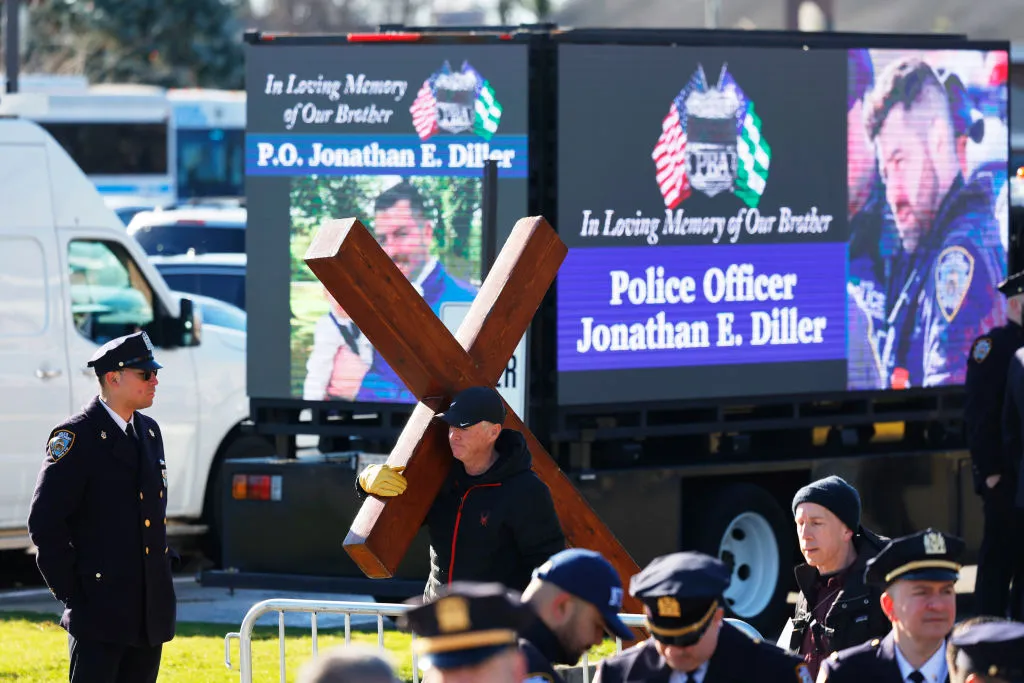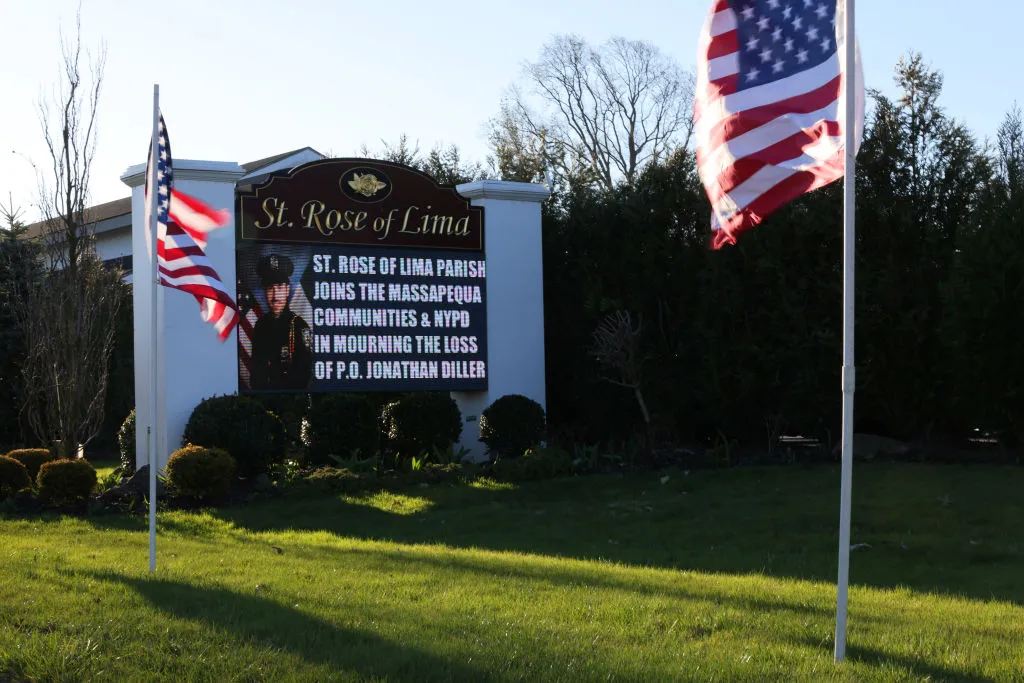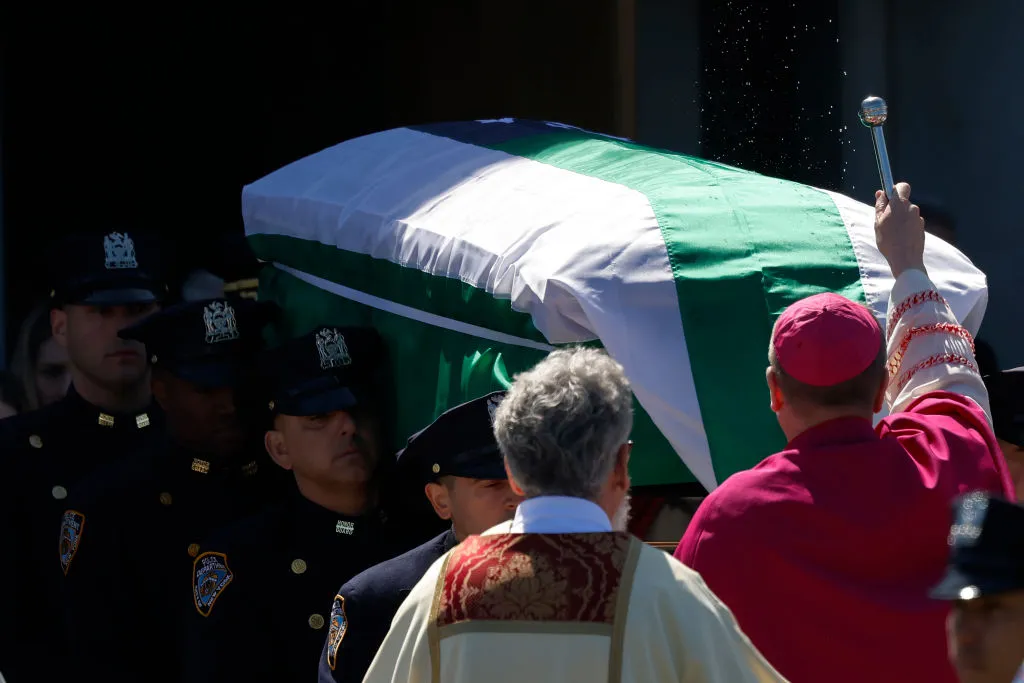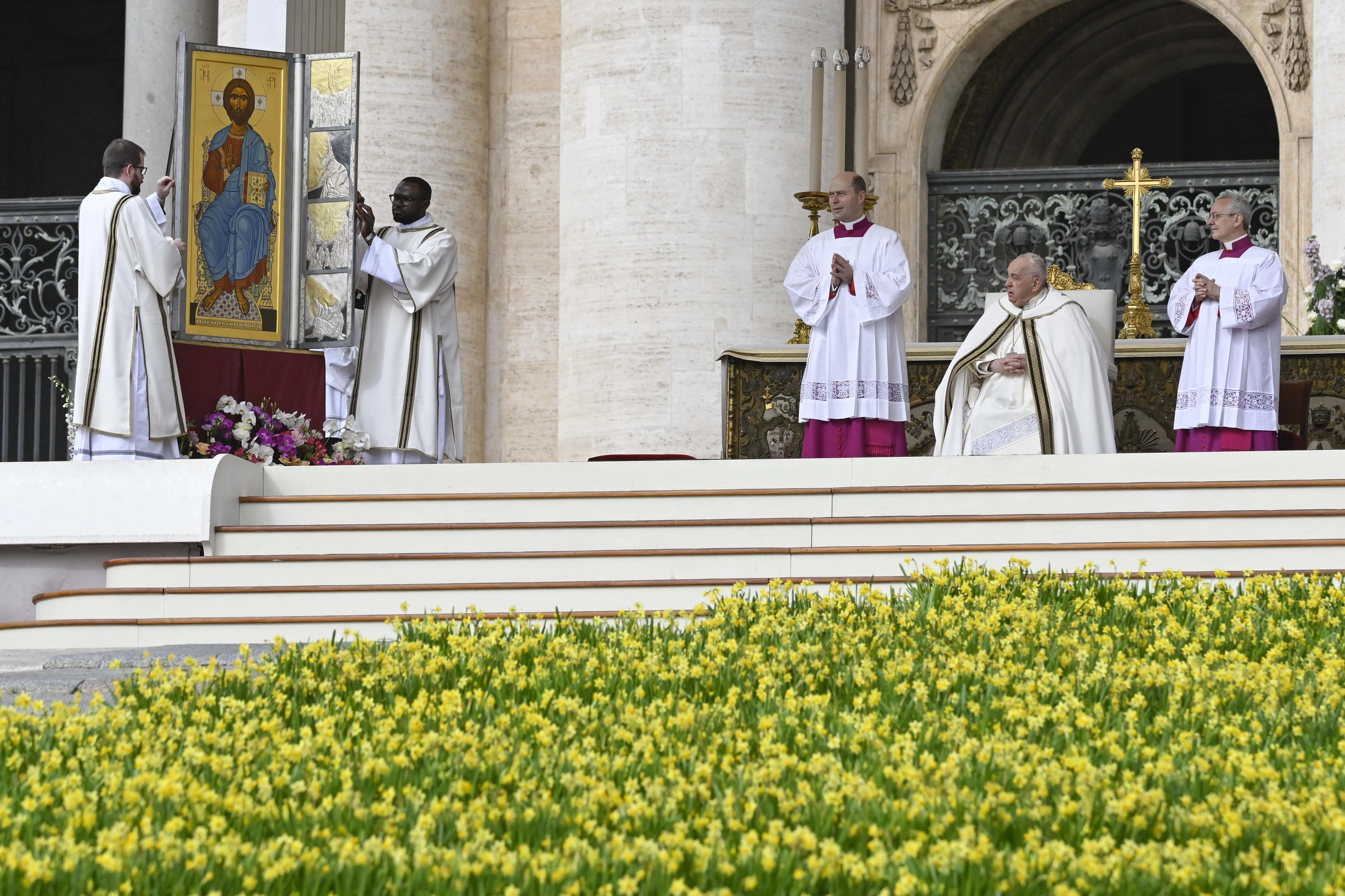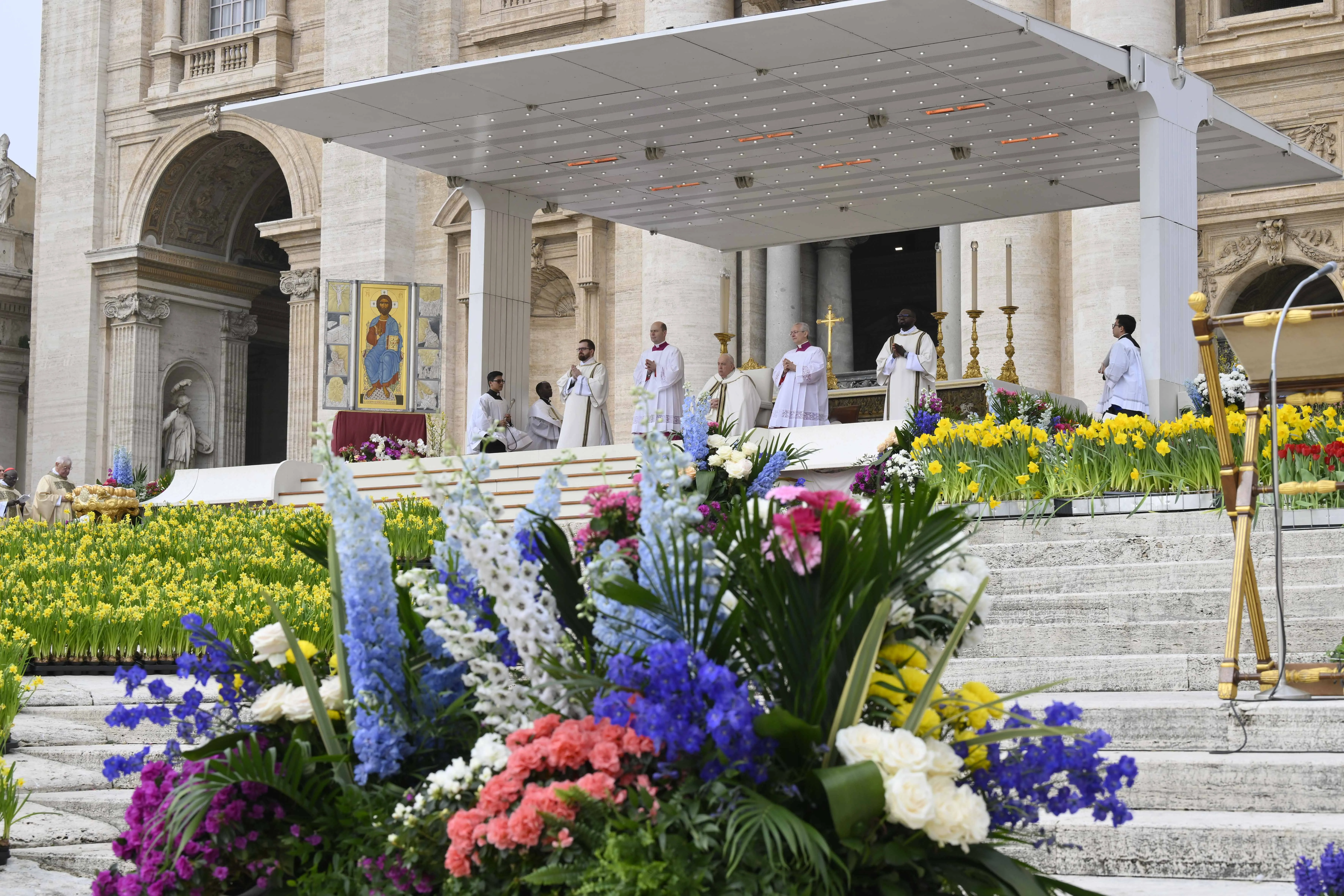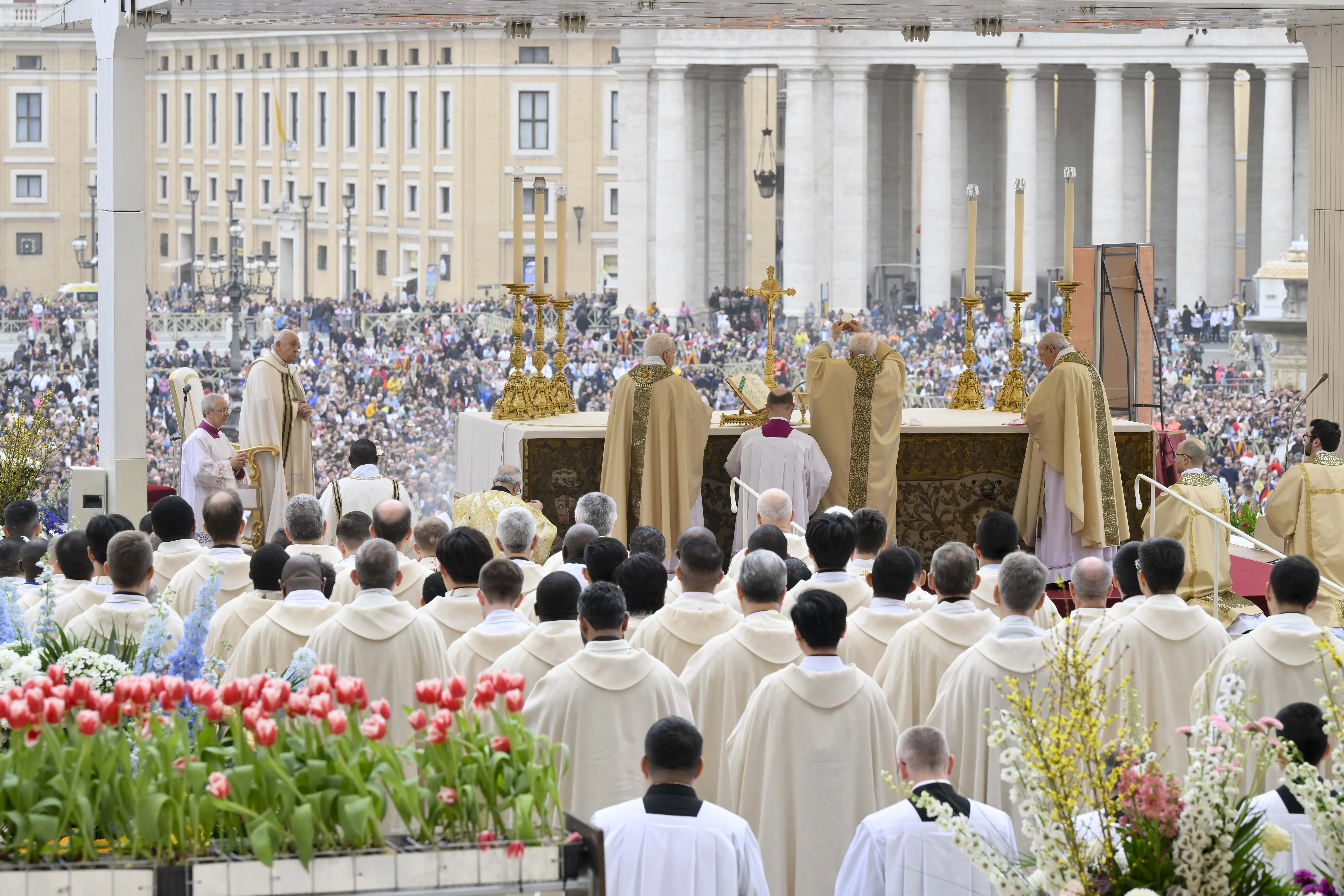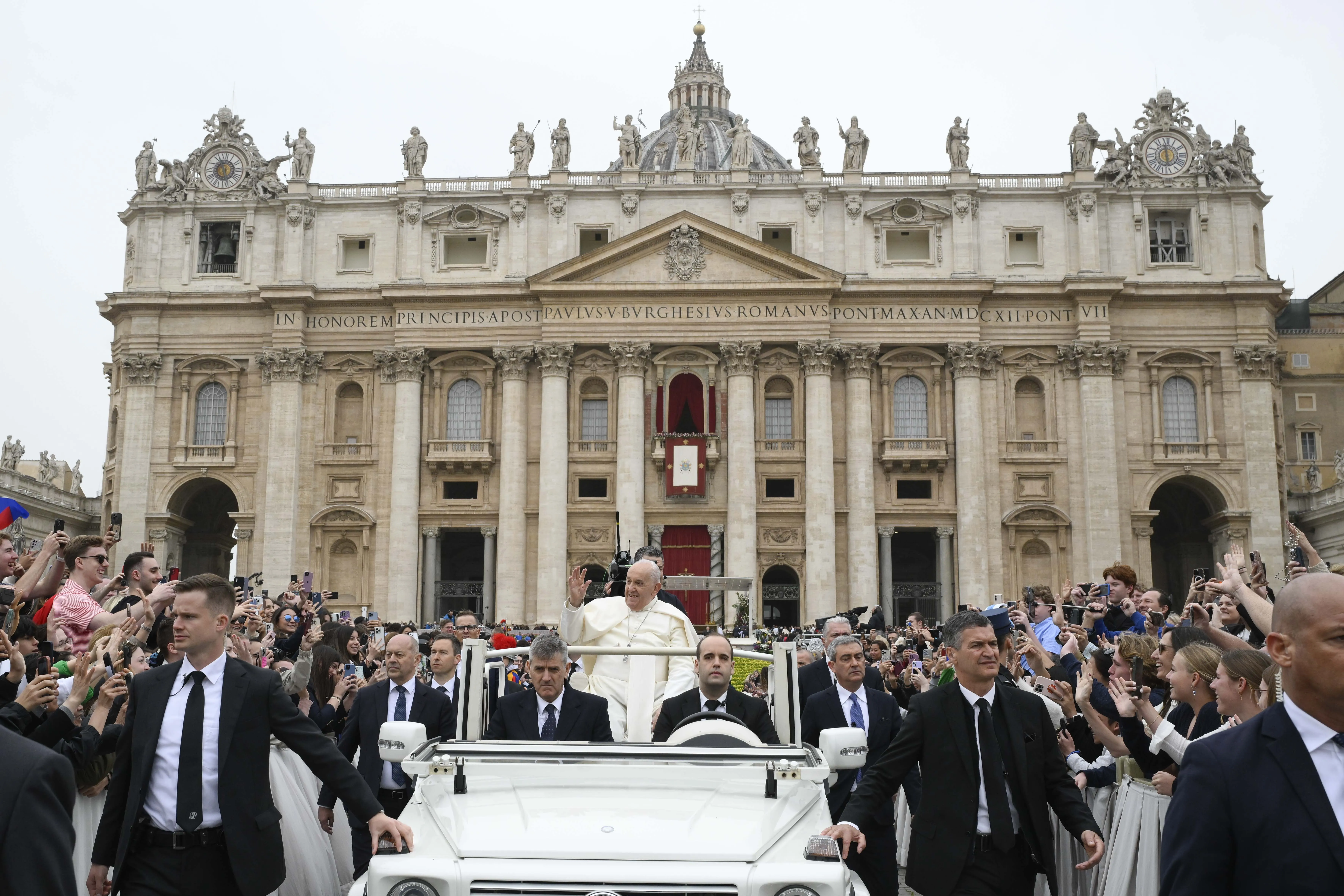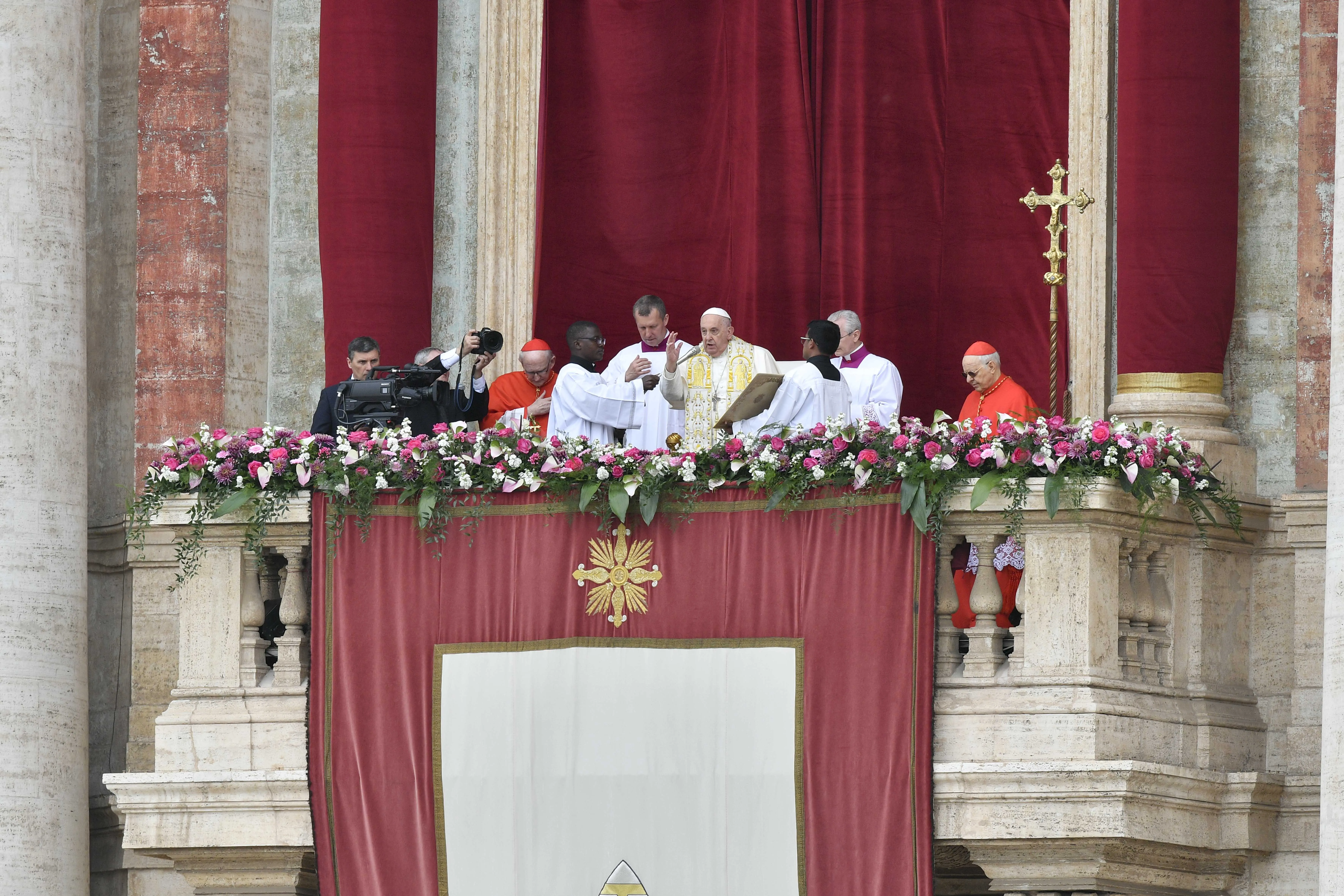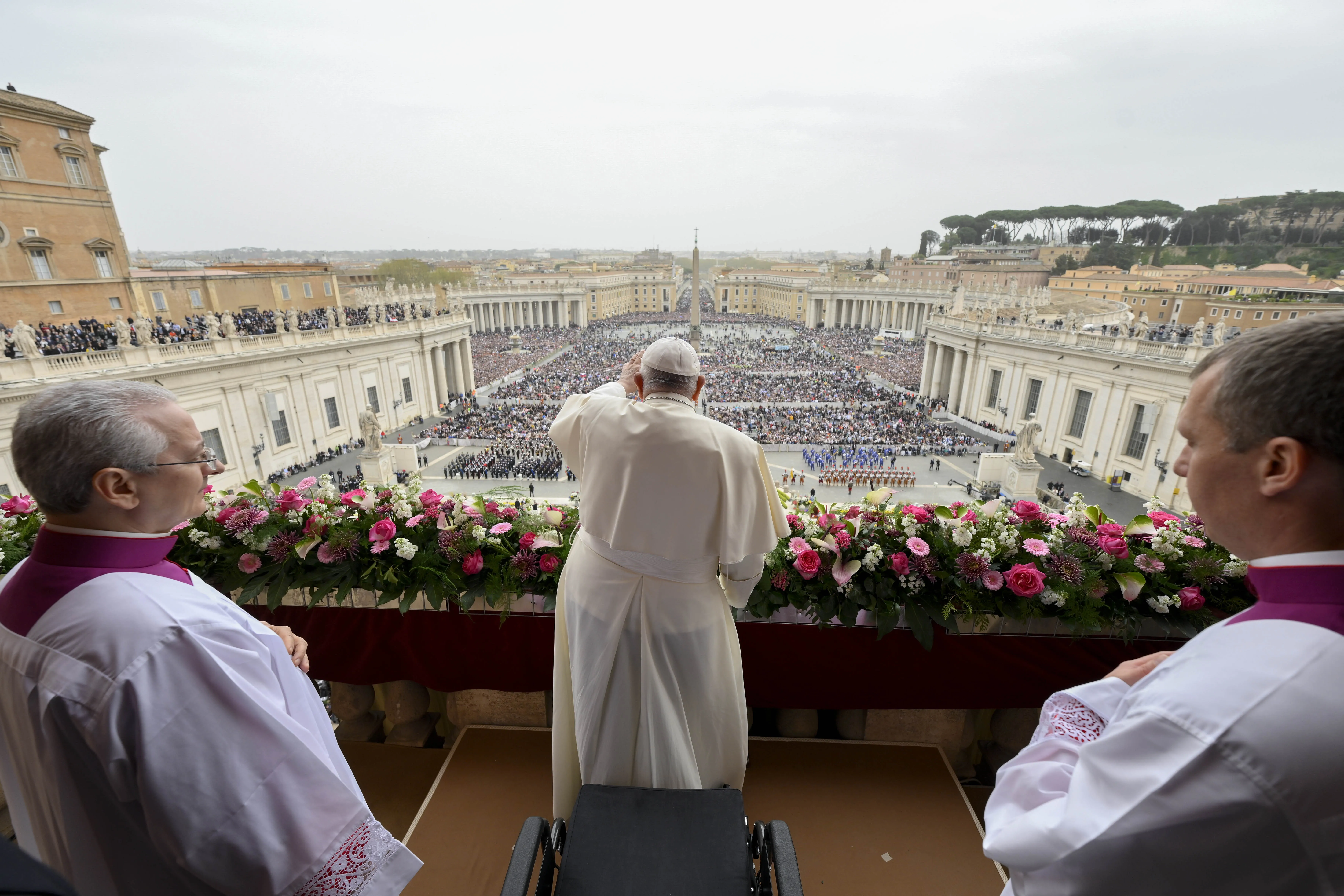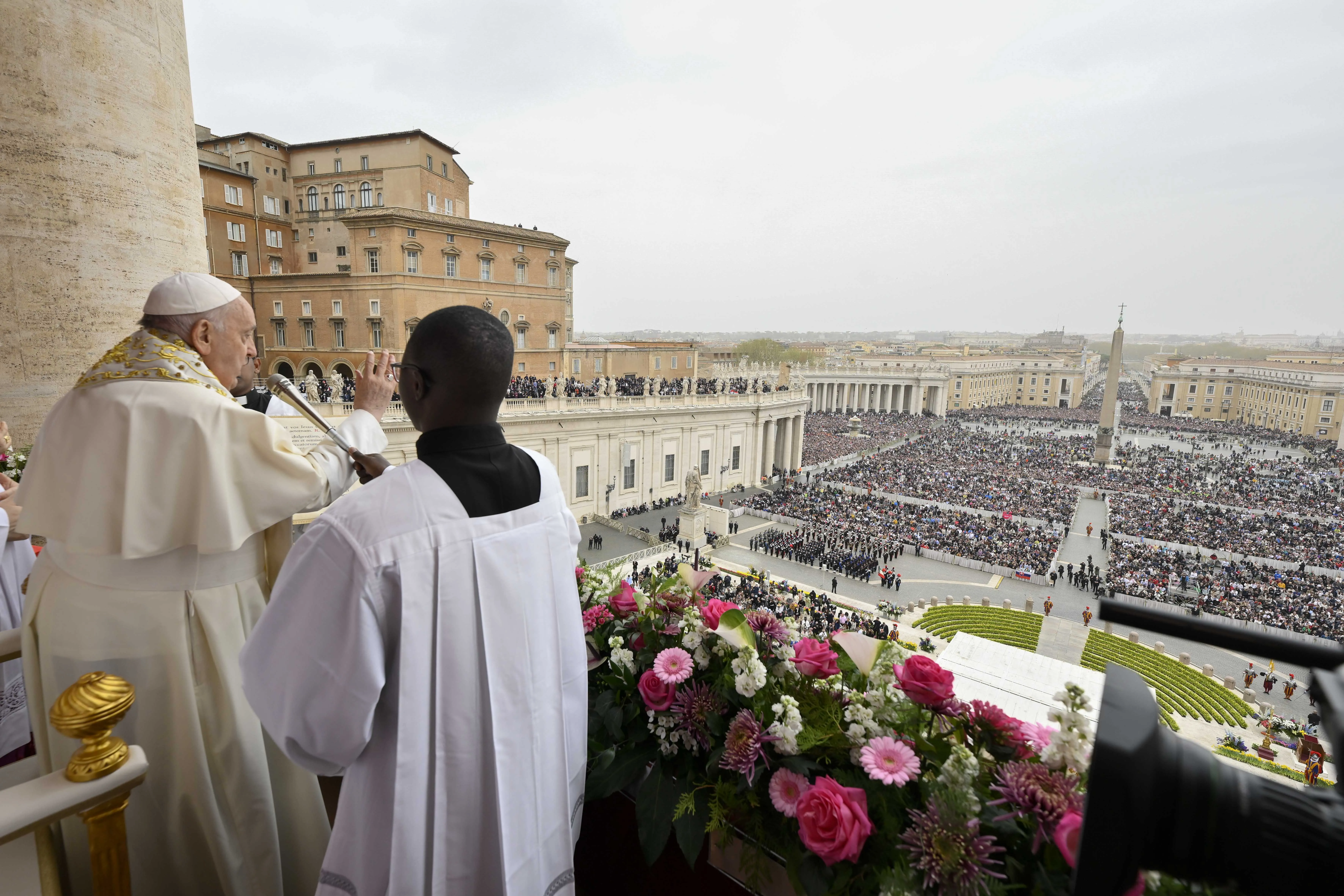 Jean's journey into the Catholic Church was propelled by an earnest desire to align himself with the apostolic tradition, a lineage he felt was absent in his previous religious experiences. / Credit: Screenshot/Pillar and Foundation
Jean's journey into the Catholic Church was propelled by an earnest desire to align himself with the apostolic tradition, a lineage he felt was absent in his previous religious experiences. / Credit: Screenshot/Pillar and Foundation
CNA Newsroom, Apr 2, 2024 / 07:00 am (CNA).
A YouTuber disillusioned with his experience in an Austrian evangelical Protestant environment has found a spiritual family and home in the Catholic Church, embracing rich tradition and liturgical beauty.
In the process of sharing his conversion story, the channel of the YouTuber, who goes by "Pillar and Foundation" ("Säule und Fundament"), has grown to almost 14,000 subscribers.
For a Vienna-based channel in German, this is a considerable audience, and Jean, the 26-year-old married convert behind the project, recently shared his journey from being a member of a Protestant Free Church to Catholicism with CNA Deutsch, CNA's German-language news partner.
Apostolic connection and liturgical beauty
In countries with a history of state churches, like Austria, Germany, and others in Europe, evangelical and Pentecostal congregations often fall under the broader category of "Freikirchen" — literally "free churches" — due to their independent status.
Jean's journey into the Catholic Church was propelled by an earnest desire to align himself with the apostolic tradition, a lineage he felt was absent in his previous religious experiences.
"I can finally stand by the disciples of the apostles and say that I have a connection with them. Not only to them but above all to the Church that the Lord Jesus founded," Jean told CNA Deutsch.
Catholicism's aesthetic and doctrinal aspects significantly influenced the conversion.
The YouTuber articulated a profound appreciation for the Church's liturgical practices and architectural magnificence, stating: "I am always impressed anew by the incredible beauty of the Catholic religion. Here, I mean above all the holy Mass and the interior architecture of Catholic churches."
He added that this sensory and intellectual engagement with Catholicism offered him a cohesive understanding of the Gospel, liberating him from the "spasmodic Protestant interpretations" that previously confined his spiritual comprehension.
Navigating social repercussions
Jean's transition from an evangelical community to the Catholic Church was not seamless. He candidly discussed the mixed reactions from his former circle, noting both the loss and retention of friendships.
"In my free church environment, the reactions were of course predominantly negative, but I was surprised that one or two friendships have remained," he revealed.
The new Catholic's steadfast commitment to his newfound faith and readiness to engage in doctrinal debates have resulted in further videos.
Jean shared insights into the communal aspects of free churches with CNA Deutsch. He acknowledged the emphasis on fellowship with Pentecostal and other Protestant communities but suggested a potential imbalance between theological depth and fellowship.
The YouTuber said he was bothered by Protestantism's doctrinal disunity, tracing it back to the foundational splits among Reformers and the subsequent proliferation of denominations.




